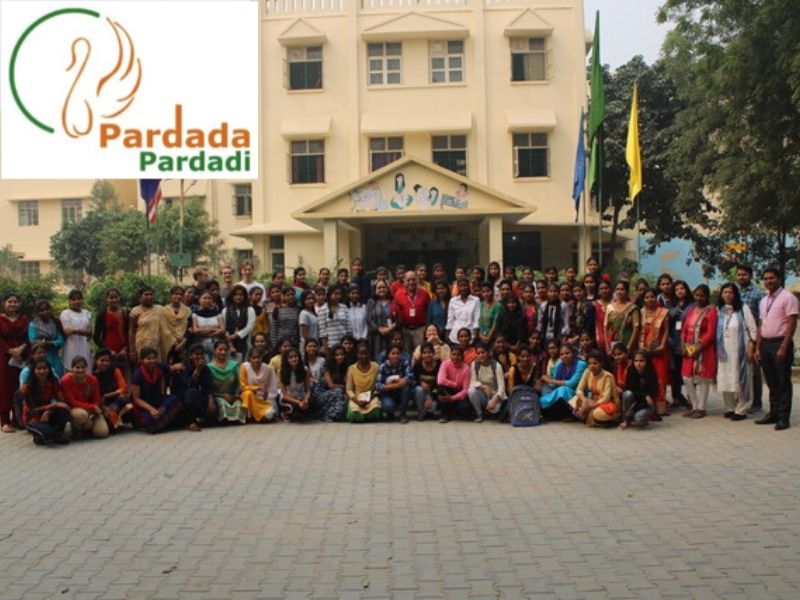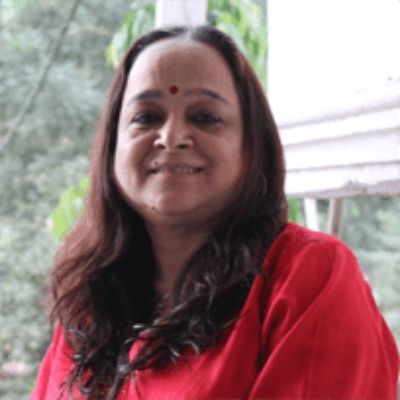“The Covid-19 pandemic has posed disproportionate challenges for the country’s rural populace. Amid these testing times, the PPES management and staff are leaving no stone unturned to ensure the health and wellbeing of our girls as well as the local community. Our staff have demonstrated excellent collaboration and team work to ensure uninterrupted learning for our students and provide humanitarian aid to the most vulnerable groups in the community.” – Renuka Gupta, CEO, Pardada Pardadi Education Society, Anoopshahr (Uttar Pradesh)
With the novel coronavirus pandemic forcing the mass closure of preschool to PhD institutions, education leaders have been stepping up to deal with its many exigencies. To ensure unhindered provision of quality education amid the ongoing national lockdown, school managements and staff are working in tandem to enable swift transition of teaching-learning processes to online digital platforms. However, disparity in access to the Internet and digital devices has led to children in the country’s rural hinterland lagging behind their urban peers in this digital technologies driven online learning revolution.
Against this backdrop, the management and staff of Anoopshahr (Uttar Pradesh) based Pardada Pardadi Education Society (PPES, estb.2000) – a non-profit organisation founded by Virendra (Sam) Singh, former president and managing director of DuPont South Asia Ltd. — has been braving all odds to provide continuous learning to 1613 girls enrolled in its three schools in the under-served Bulandshahr district of Uttar Pradesh.
For students who are unable to access either WhatsApp or Zoom, teachers provide learning instructions and guidance through phone.
Stumbling Blocks: Despite the commitment and sustained efforts of the management and staff, Pardada Pardadi Education Society’s online learning initiative has been marred by several impediments including students’ inability to log into the online class owing to issues such as lack of proper meals, lack of help and support from parents, the need to babysit younger siblings, among others.
“The scale of the challenge in online learning, and the work that will need to be done to make children catch up academically and socially is enormous,” says Krishna Kumar, principal, Pardada Pardadi Inter College.
There is also rising concern among PPES staff about students needing to repeat all or substantial portions of their current grade once the schools reopen.
The primary students seem to be largely lagging behind their older peers because of their inability to comprehend the concept of online education. “We are not able to connect with our children because their parents are not educated and they don’t have smartphones, also the concept of online learning is utterly new for them, they are unlike city students,” says Hemlata, primary teacher at Pardada Pardadi Education Society.
Community engagement initiatives: Moreover, the PPES management has been mobilising the school and local community to mitigate impact of the pandemic and has launched several initiatives to support the most vulnerable individuals and families. Among them:
- PPES school buildings have been transformed into quarantine centres housing 150 individuals with the local police, administration, and a medical team on site.
- Launch of a toll-free hotline number for consultation on issues caused by the lockdown including food requirements, medical attention, domestic violence, income-generating opportunities, and relief assistance.
- Provision of food, hygiene and other essential rations to several PPES families who have lost their livelihoods due to the lockdown.
- Dissemination of timely and relevant information through SMS to the PPES community to spread awareness on COVID-19.
- Provision of telemedical consultations on need basis.
- iVillage, the economic empowerment wing of PPES has enabled self-help group women to make protective face masks that are recommended for containing the spread of the infection.
Students voices
“Our college is conducting an internal exam online. After the announcement of the lockdown, our hostel was vacated and we (Pardada Pardadi girls) moved back to our village. I have a small sister, who also uses my phone for her online classes. My data pack gets finished quickly and it gets difficult to prepare for the exam or to give the exam online. Sometimes due to poor internet connection, my application gets hanged and I have to start all over again.”
– Rehnuma, a final year GNM student at Metro College of Health Science and Research.
“I have a small smartphone with a poor internet connection. I have given my class 12th exam this year. The deadlines for the college application is approaching and with limited features present in my phone, I am finding it very difficult to apply for the course. Earlier, I used to go to the internet cafe or use the school computer lab to fill-out the applications. Nowadays, Pardada Pardadi staff is helping me to fill out the forms safely from my home.”
– Moni, a class 12 graduate of Pardada Pardadi Inter College who aspires to pursue B.Tech. in Banasthali.

